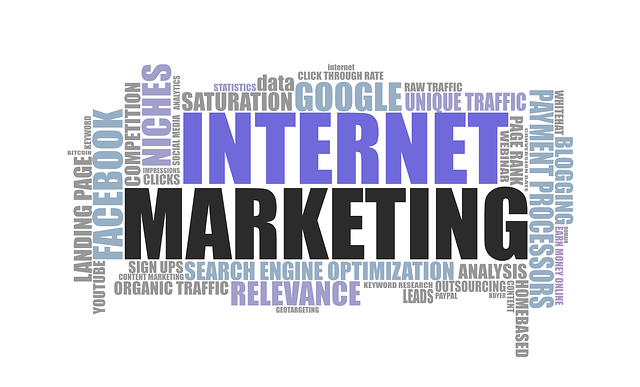AI Business Customer Service Automation revolutionizes support by leveraging artificial intelligence for streamlined interactions and robust AI health code compliance tracking. This technology automates query routing, issue resolution, and meticulous data recording, providing a clear audit trail crucial for legal and ethical standards in regulated industries like healthcare. Implementing AI health code compliance tracking offers businesses substantial benefits, automating monitoring of health and safety standards, saving time and resources, and enhancing operational transparency and accountability. However, challenges exist, particularly in ensuring compliance for regulated industries; best practices include fostering collaboration, regular audits, continuous training, and maintaining transparency about AI usage.
“Revolutionize your business’s customer service with AI automation, especially in health code compliance tracking. This cutting-edge technology promises enhanced efficiency and accuracy. In this article, we’ll guide you through the process, highlighting the benefits of AI integration. From understanding its fundamentals to navigating potential challenges, we’ll offer insights on best practices for successful implementation. Discover how AI can transform your customer service, ensuring adherence to health code compliance standards.”
- Understanding AI Business Customer Service Automation
- Benefits of Implementing AI Health Code Compliance Tracking
- Challenges and Best Practices for Successful Integration
Understanding AI Business Customer Service Automation

AI Business Customer Service Automation is a game-changing approach that leverages artificial intelligence to enhance and streamline customer interactions. By implementing AI, businesses can automate various aspects of customer service, from initial query routing to complex issue resolution. This technology excels in understanding natural language, enabling chatbots and virtual assistants to engage with customers effectively.
One significant advantage lies in its ability to track and ensure AI health code compliance, especially crucial for industries with strict regulations. Automated systems can meticulously record and monitor customer data, interactions, and outcomes, providing a clear audit trail. This feature is pivotal for meeting legal and ethical standards, particularly in sectors like healthcare where data privacy and accurate record-keeping are paramount.
Benefits of Implementing AI Health Code Compliance Tracking

Implementing AI health code compliance tracking offers significant advantages for businesses, especially in today’s highly regulated environment. This technology enables efficient and accurate monitoring of various health and safety standards, ensuring that all operations adhere to relevant codes and regulations. By automating this process, companies can save considerable time and resources compared to manual checks.
AI-driven systems can continuously scan and analyze data from multiple sources, including documents, sensor feeds, and real-time feedback from employees, to identify potential non-compliance issues instantly. This proactive approach allows businesses to address problems swiftly, reducing the risk of penalties and legal complications. Moreover, it enhances overall operational transparency and accountability, providing a competitive edge by demonstrating a commitment to maintaining the highest safety standards.
Challenges and Best Practices for Successful Integration

Implementing AI in business customer service automation comes with its own set of challenges, but proper integration can revolutionize support systems. One of the primary obstacles is ensuring AI health code compliance tracking, especially in heavily regulated industries where data privacy and security are paramount. Companies must rigorously vet AI models for potential biases and errors to prevent discriminatory outcomes, adhering to legal frameworks like GDPR or industry-specific standards.
Best practices for successful integration include fostering a collaborative environment between IT teams and customer service representatives. This ensures that the AI is not only technically sound but also aligned with the needs of front-line staff. Regular audits and continuous training are vital to keep up with evolving consumer behaviors and regulatory changes, refining the AI model accordingly. Additionally, maintaining transparency about the use of AI can build trust among customers, fostering a positive perception of automated support systems.
AI business customer service automation, particularly in the context of AI health code compliance tracking, offers significant advantages for companies aiming to enhance their operations. By streamlining processes and providing efficient support, businesses can improve customer satisfaction and ensure regulatory adherence. However, successful integration requires careful planning and addressing challenges like data privacy and employee adaptation. Embracing best practices ensures a smooth transition, leveraging the power of AI to create a more responsive and effective customer service model.
